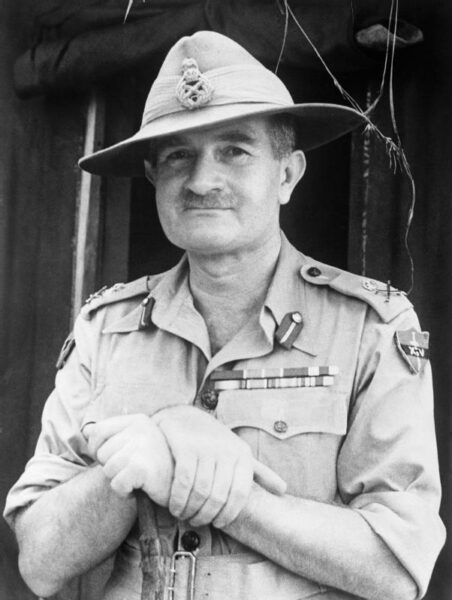In classes on Government and Political Science, with few exceptions, students in both high school and college are taught that the so-called “political spectrum” (or “political/economic” spectrum) looks like this: Communism and Socialism reside on the Left, Capitalism and Fascism dwell on the Right. Various mixtures of those things lie somewhere in between:

This is not only false and misleading, it is also idiocy. Toss it into the trash bin and demand a refund from the teacher who presented it as fact, or as any kind of insightful educational tool.
At the very least, a spectrum that looks like that should raise some tough questions. Why should socialists and fascists be depicted as virtual opposites when they share so much in common — from their fundamental, intellectual principles to their methods of implementation? If a political spectrum is supposed to illustrate a range of relationships between the individual and the State, or the very size and scope of the State, then why are systems of Big State/Small Individuals present at both ends of it?
On any other topic, the two ends of a spectrum would depict opposites.
[…]
My contention is that if Communism, Socialism, Fascism and Capitalism all appear on the same range line, it is terribly misleading and utterly useless to place the first two on the left and the second two on the right. The placement that makes the most sense is this one:

The perspective represented in this sketch immediately arouses dispute because its implications are quite different from what students are typically taught. The inevitable objections include these three:
1. Communism and fascism cannot be close together because communists and fascists fought each other bitterly. Hitler attacked Stalin, for example!
This objection is equivalent to claiming, “Al Capone and Bugs Moran hated and fought each other so they can’t both be considered gangsters”. Or, “Since Argentina and Brazil compete so fiercely in football, both teams cannot be composed of footballers”.
Both communism and fascism demonstrate in actual practice an extremely low regard for the lives and rights of their subject peoples. Why should anyone expect their practitioners to be nice to each other, especially when they are rivals for territory and influence on the world stage?
We should remember that Hitler and Stalin were allies before they were enemies. They secretly agreed to carve up Poland in August 1939, leading directly to World War II. The fact that Hitler turned on Stalin two years later is nothing more than proof of the proverb, “There’s no honor among thieves”. Thieves are still thieves even if they steal from each other.
2. Under communism as Karl Marx defined it, government “withers away”. So it cannot be aligned closely with socialism because socialism involves lots of government.
Marx’s conception of communism is worse than purely hypothetical. It is sheer lunacy. The idea that the absolutist despots of the all-powerful “proletarian dictatorship” would one day simply walk away from power has no precedent to point to and no logic behind it. Even as a prophecy, it strains credulity to the breaking point.
Communism in the sketch above appears where it does because in actual practice, it is just a little more radical than the worst socialism. It is the difference between the murderous, totalitarian Khmer Rouge of Cambodia and, say, the socialism of Castro’s Cuba.
3. Communism and Fascism are radically different because in focus, one is internationalist and the other is nationalist (as in Hitler’s “national socialism”).
Big deal. Again, chocolate and vanilla are two different flavors of ice cream, but they’re both ice cream. Was it any consolation to the French or the Norwegians or the Poles that Hitler was a national socialist instead of an international socialist? Did it make any difference to the Ethiopians that Mussolini was an Italian nationalist instead of a Soviet internationalist?
Endless confusion persists in political analysis because of the false dichotomy the conventional spectrum (Sketch 1) suggests. People are taught to think that fascists Mussolini and Hitler were polar opposites of communists Lenin, Stalin, and Mao. In fact, however, they were all peas in the same collectivist pod. They all claimed to be socialists. They all sought to concentrate power in the State and to glorify the State. They all stomped on individuals who wanted nothing more than to pursue their own ambitions in peaceful commerce. They all denigrated private property, either by outright seizure or regulating it to serve the purposes of the State.








